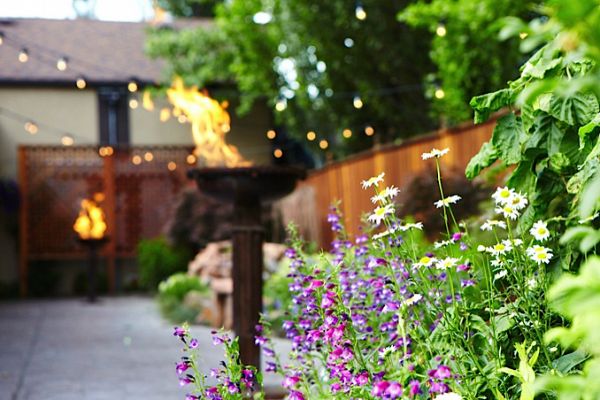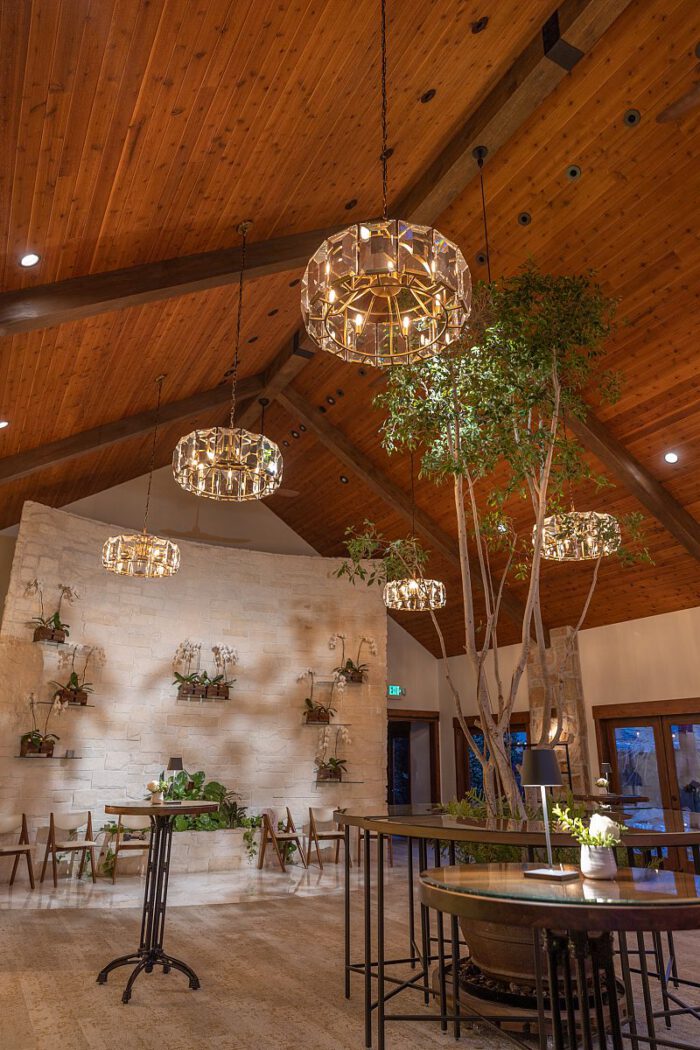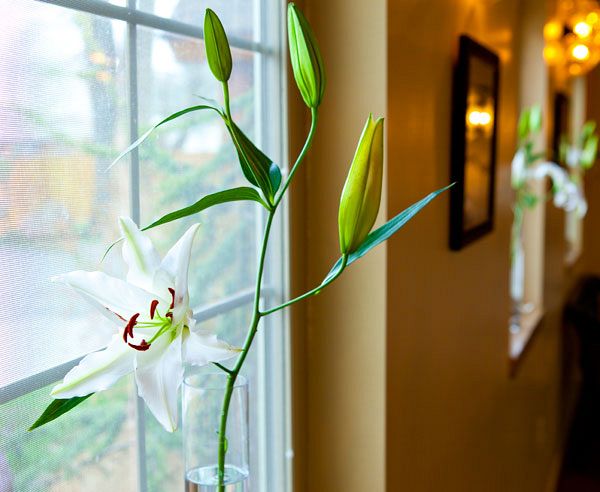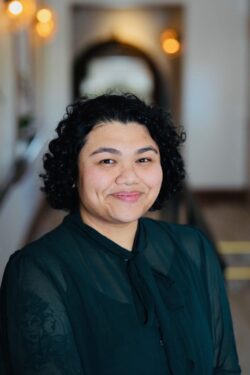Vietnamese Services
Introducing Tuyết Ngọc Nguyễn, our Vietnamese Licensed Funeral Director
It was the first time my mom had ever seen snow. She had just spent 10 exhausting hours giving birth, but something caught her eye. Looking out the hospital window, she saw white flakes falling from the sky. Having been in the United States for only about 2 months, she didn’t know much English, let alone how to choose an English name for me. The translator asked my mom what she wanted to name me.
She looked over at me, pondered for a moment, and stared back at the snowflakes continuing to fall. “Tuyết,” she said, naming me after the snow. Then she gave me her middle and last name: “Tuyết Ngọc Nguyễn.” I ended up being the only one of my sisters with a Vietnamese name. Growing up, others suggested I change my name to something more American.
“It would make your life easier and earn you more respect,” they said. But I couldn’t imagine any other name for myself. I take great pride in my name. It symbolizes the sacrifices my mother and grandmother made to get here, escaping the war and give me the life I have now. It is a core part of my Vietnamese identity. I am Tuyết Ngọc Nguyễn, a first-generation Vietnamese American, descended from a line of strong, independent women.
I am also Tuyết Ngọc Nguyễn, a Vietnamese funeral director passionate about caring for those grieving the loss of a loved one. Especially within the Vietnamese community, I strive to serve in a way that allows families to honor our truyền thống (traditions) without feeling pressured to abandon them for Western customs when planning a tang lễ (funeral).
Truyền thống (tradition) and gia đình (family) are deeply woven into Vietnamese culture. We love and grieve through both; one cannot exist without the other. When assisting Vietnamese families in planning a tang lễ, I prefer to speak Vietnamese, the language I first learned before English. There is something comforting about speaking it with my community. It feels like I am talking to my own family, and I want to bring that same comfort to those I serve.
Many families bring their children to translate for their parents and elders. I want everyone to feel involved in the process. Speaking Vietnamese is my way of showing respect to our elders, ensuring they have a voice and trust in me. To me, speaking Vietnamese says con hiếu (I understand), not only in bridging the language barrier, but in understanding the emotional significance of that moment. I want to guide families through this difficult time, easing their burdens and helping them fulfill their filial duties to their loved ones – the final act of love in this lifetime.





